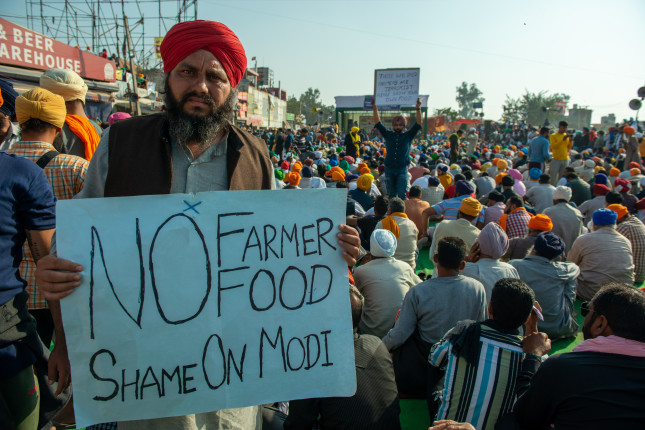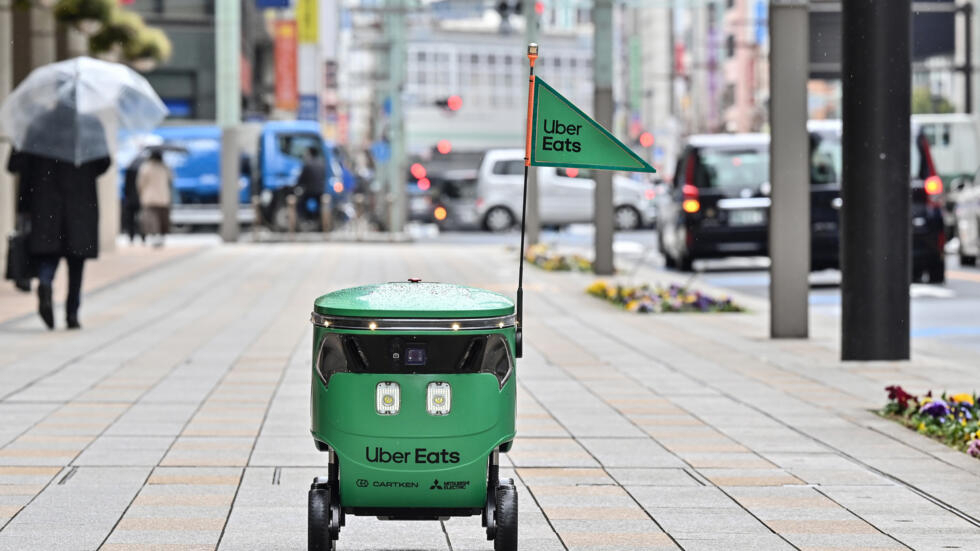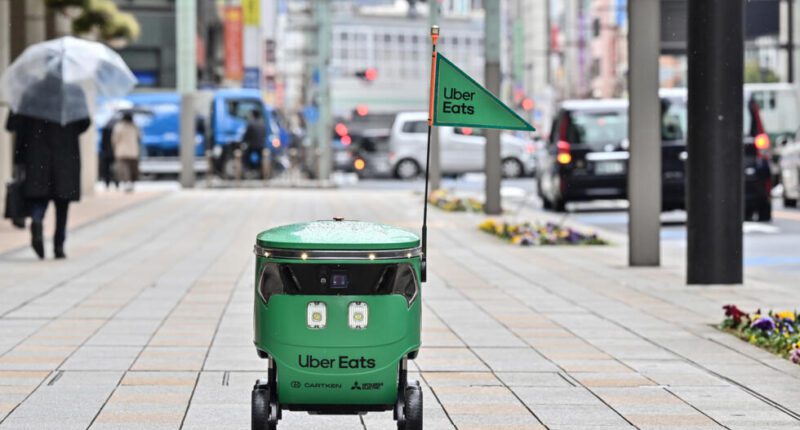Farmers in India are set to heighten their ongoing protests by planning an entry into New Delhi this Wednesday, March 6. They aim to augment their presence at the city’s border points, which are currently obstructed by their tractors, by arriving via bus and train.
The “Delhi Chalo” (Let’s go to Delhi) march initiated by thousands of farmers last month met resistance approximately 200 kilometers north of the capital, where security forces employed teargas and water cannons to halt their progress.
Following numerous unsuccessful negotiations, these farmers are amplifying their demonstrations to demand increased prices for their produce. According to Ramandeep Singh Mann, a spokesperson for the farmers, participants from a wide geographical swath, including Kerala in the South to Madhya Pradesh in Central India, are scheduled to converge on New Delhi by Wednesday utilizing trains and buses.
Mann elaborated that while farmers from Punjab and Haryana are to persist in their protests at current sites with their tractors, there will be attempts to breach New Delhi with their tractors specifically. Presently, thousands of farmers, predominantly from Punjab and Haryana, are stranded at three police and paramilitary-enforced blockades with around 3,000 tractors.
Recent days have seen tensions escalate into clashes between the farmers and security personnel, featuring baton charges and the deployment of tear gas from drones, capturing widespread media attention. Reports indicate that the confrontations have resulted in at least one fatality among the protesters, with injuries sustained on both sides.
In addition to their plans for New Delhi, the protesting farmers intend to disrupt railway operations nationwide for four hours on the afternoon of March 10, as stated by Mann. Their resolve remains firm, with an insistence on protesting until their demands for legally guaranteed higher support prices are fulfilled.
Currently, the government sets support prices for over twenty crops annually, yet state procurements at these prices are limited to rice and wheat. This arrangement benefits a mere 6% of farmers who cultivate these two crops, leaving the vast majority without the promised support.













